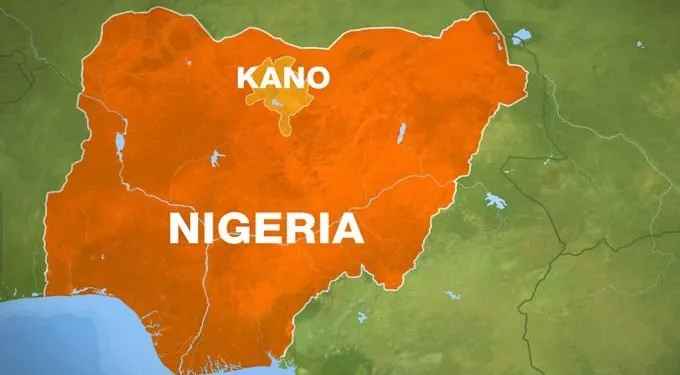The Kano State Constitution Review Committee has submitted its official position on the ongoing 2025 constitutional amendment process, expressing strong support for independent candidacy in elections—provided it is governed by clear and enforceable guidelines aimed at strengthening democratic institutions.
Presenting the position paper titled “Kano State’s Demands and Recommendations on 2025 Constitutional Amendment” at a stakeholder dialogue on Thursday, the committee chairman, Professor Awalu Hamisu Yadudu, a renowned constitutional law expert, outlined the state’s key recommendations and areas of opposition.
Derivation Formula and Revenue Sharing
Kano firmly opposed the current Derivation Formula Amendment Bill before the National Assembly, particularly its vague reference to “any other resources” as part of the derivation base. Instead, the state endorsed an alternative revenue-sharing proposal that includes:
- Federal Government: Reduction from 52.68% to 40%
- States: Increase from 26.72% to 35%
- Local Governments: Increase from 20.6% to 25%
For horizontal allocation, Kano recommended: Equality: Reduced from 40% to 30%, Population: Increased from 30% to 40%, Landmass, Social Development, and Internally Generated Revenue (IGR): 10% each, Under a proposed tax derivation formula: Equality: 50%, Population: 30%, Place of Consumption (Derivation): 20%
Additionally, the state advocated empowering the Revenue Mobilisation, Allocation and Fiscal Commission to regularly revise the revenue formula.
Kano opposed the removal of labour from the Exclusive Legislative List, warning it could weaken collective bargaining and trigger frequent industrial disputes. The state instead recommended labour remain under federal jurisdiction.
Regarding diaspora voting, Kano advised deferring such provisions, citing unresolved challenges in managing local electoral processes as evidence that the country is not yet ready.
The state expressed strong support for the establishment of state police, urging constitutional amendments to enable interested and capable states to create their own police forces.
Professor Yadudu noted that the federal police are overstretched and under-resourced, highlighting Kano’s existing Neighbourhood Watch as a preparatory model.
Kano called for the constitutional recognition of traditional rulers, recommending: Secure tenure and appointments based on custom, Protection from political interference, Inclusion of state traditional council chairpersons in the National Council of State.
Furthermore, the state proposed creating a National Council of Traditional Rulers, comprising chairpersons of state councils, while allowing states the autonomy to establish traditional councils at the local government level.
While opposing the creation of new states due to current economic constraints, Kano stated conditional support if the creation becomes unavoidable, renewing its demand for the proposed Gari and Tiga states.
On local government creation and autonomy, Kano reiterated its support for constitutional provisions to designate local governments as the third tier of government. It urged amendments to Sections 2, 7, and 162(5) of the Constitution to ensure LG autonomy, provided it aligns with fiscal responsibility and accountability.
Kano recommended: Fixing May 29 for general elections, Shifting the swearing-in date to October 1 to align with Nigeria’s Independence Day, Ensuring all election petitions are resolved before swearing-in.
The state also opposed the proliferation of overlapping electoral bills such as SB 809, SB 307, SB 87, SB 794, HB 1212, and HB 2169, calling for a unified and streamlined judicial approach to electoral reforms.
Through its detailed submission, Kano has positioned itself as a key stakeholder in Nigeria’s constitutional review process, balancing progressive reform with pragmatic caution across key national issues.















